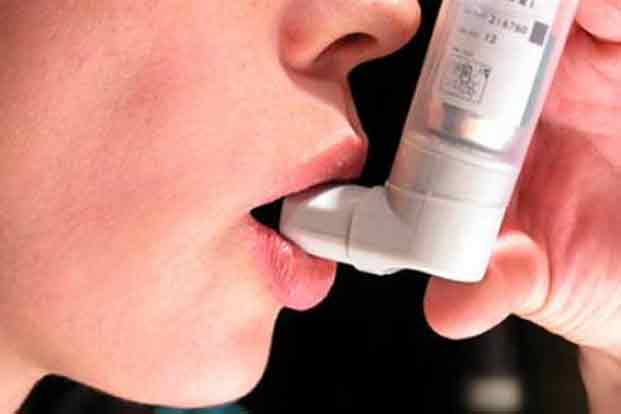Tests to Monitor Asthma
Apr 19, 2022
Asthma is a disease which affects airways of lungs. Asthma can occur in any age group. Patients can have symptoms throughout the year in perennial variant or can have intermittent symptoms with periods of recovery in between.
Asthma is a chronic and inflammatory disease like other chronic disorders such as hypertension and diabetes which can’t be cured but can be controlled with the help of medications. Medications improve quality of life. The treatment of choice is inhalation therapy.

To diagnose asthma a number of tests are involved along with a thorough physical examination. Remember that one can’t be totally cured of asthma and it can only be managed through medications.
Diagnostic Workup for asthma-
Detailed history and examination of nose, throat and chest is done – to r/o other conditions like chest infections, COPD or even cardiac condition mimicking asthma.
- Lung Function Tests- Spirometry and Peak Flow Meter— They estimate the narrowing of airways by checking exhalation of air. Lung Function tests are done both before and after taking a medicine e.g salbutamol to see reversibility. Reversibility increases the likelihood of Asthma. Peak Flow Meter also helps in monitoring disease severity and treatment modification.
- Sputum Examination – It checks the presence of eosinophil in sputum favors asthma.
- Imaging: Chest X ray/CT scan—They help in identifying structural abnormality or alternative diagnosis which might be causing or aggravating symptoms.
- Allergy testing – It can be done by blood or skin test—after identification –allergen can be avoided or used for immunotherapy.
Are the tests painful?
Not at all. Tests such as PFT are simple and need you to just blow air in a pipe. Imaging tests are also simple in which the patient just has to lie down comfortably and blood tests would only include the routine needle prick.
It is important that you keep yourself and your child motivated to follow up treatment. If the tests and the follow up is delayed , it can affect the course of the disease and may complicate the situation.
Must Do’s for Asthma Patient’s :
- Try and stay away from dust and pollen grains. You need to be more vigilant during spring and when the weather changes happen. Dust storms or rainy seasons can also trigger asthmatic attacks.
- Keep a check on the pets. It is best advised that you don’t keep any as their hair fall and other habits can trigger asthmatic attacks.
- Strong aromas in perfumes and deodorants should be avoided. Cooking in kitchen with loads of smoke can also prove to be problematic for the patient.
- Some anti inflammatory drugs can also trigger asthmatic attacks. Hence it is essential that you consult a doctor for all your medications and avoid self medication at all costs.
- Exercise mildly. Avoid running too long and keep assistance always in reach. Excessive exercise can trigger pulmonary issues.
- Extreme emotional arousal can also trigger asthmatic attacks. Hence keep calm and try and keep yourself in control. Don’t get angry and overreact to situations.
- Food can also be a trigger for asthmatic attacks. Keep a check on your allergies. Milk, soya and beans along with fish are known to cause asthmatic attacks.
Save








